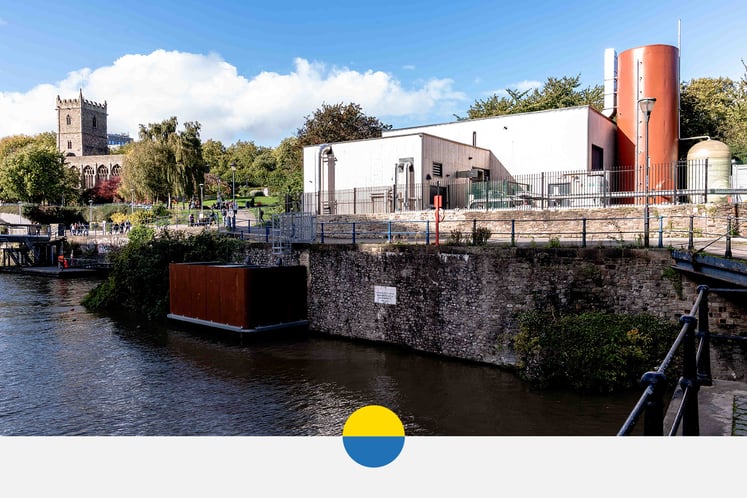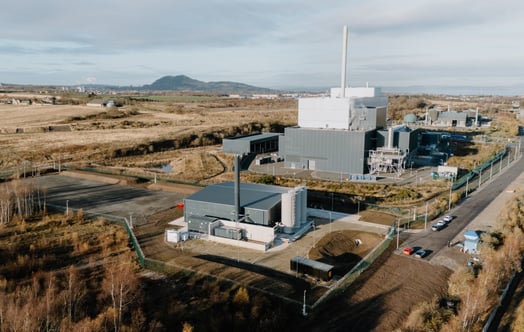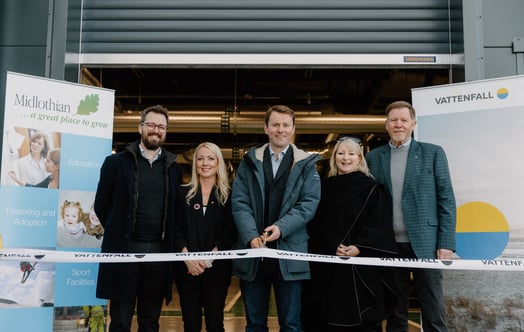This year, COP28 focuses on four cross-cutting themes - technology and innovation, inclusion, frontline communities and finance. We are proud to be working with ITN Business as part of their 'Sustainable Solutions Towards Net Zero' series, which recognises the role that businesses can play as we transition away from a fossil fuel based economy. View our film below and read on to find out more about our work in the UK and Bristol specifically.
Video player requires marketing cookies.
To view this content please click here to allow marketing cookies.
Heat networks
One third of the UK’s emissions come from heating, and district heating can protect communities against energy market volatility, as well as reduce emissions, improve air quality, and create local jobs, while providing reliable, fairly-priced heat.
In the UK, just 2% of heating demand is supplied by heat networks, and the Climate Change Committee states that this figure will need to rise to 18% for the UK to reach net zero by 2050.
District heating is future-proofing cities like Bristol by providing heating and hot water to local people, using local sources of heat that can be utilised as they become available.
Bristol
Bristol was the first UK city to declare a climate emergency, setting the ambitious target of carbon neutral emissions by 2030. To achieve this goal the city needed an energy partner and in early 2023, Bristol City Council launched Bristol City Leap, a world-first city partnership to bring in £1bn of private sector investment to decarbonise the city.
Vattenfall’s role in the Bristol City Leap partnership is to make district heating happen in Bristol. As part of Bristol City Leap, Vattenfall acquired the heat networks in operation and construction from Bristol City Council, and building on this great work, is now delivering heat to the equivalent of 5000 homes.
Over the 20 year-long Bristol City Leap term, Vattenfall will expand the Bristol Heat Network to deliver heating to homes and businesses across the city. This work will deliver jobs and economic growth, stimulating the development of a specialist supply chain to support network installation. Taking care of local communities is important when installing infrastructure, and we are working with key stakeholders to minimise the disruption to residents by combining the installation of heat pipes with other developments, like planned road works.
The right technology in the right location
Heat networks have a proven and successful history. Over 50% of Sweden’s heat demand is met through district heating. They are best suited to cities and urban areas where they can provide the most cost-effective low carbon heating solution. To support the identification of where heat networks offer the best low carbon heating solution, the UK government is introducing heat network zones. This initiative will identify and designate areas as heat network zones, where they are the best solution to offer low-carbon heat at the fairest cost to the consumer.

Vattenfall's role in Bristol
As part of Bristol City Leap, Vattenfall acquired the heat networks in operation and construction from Bristol City Council, and building on this great work, is now delivering heat to the equivalent of 5000 homes.




